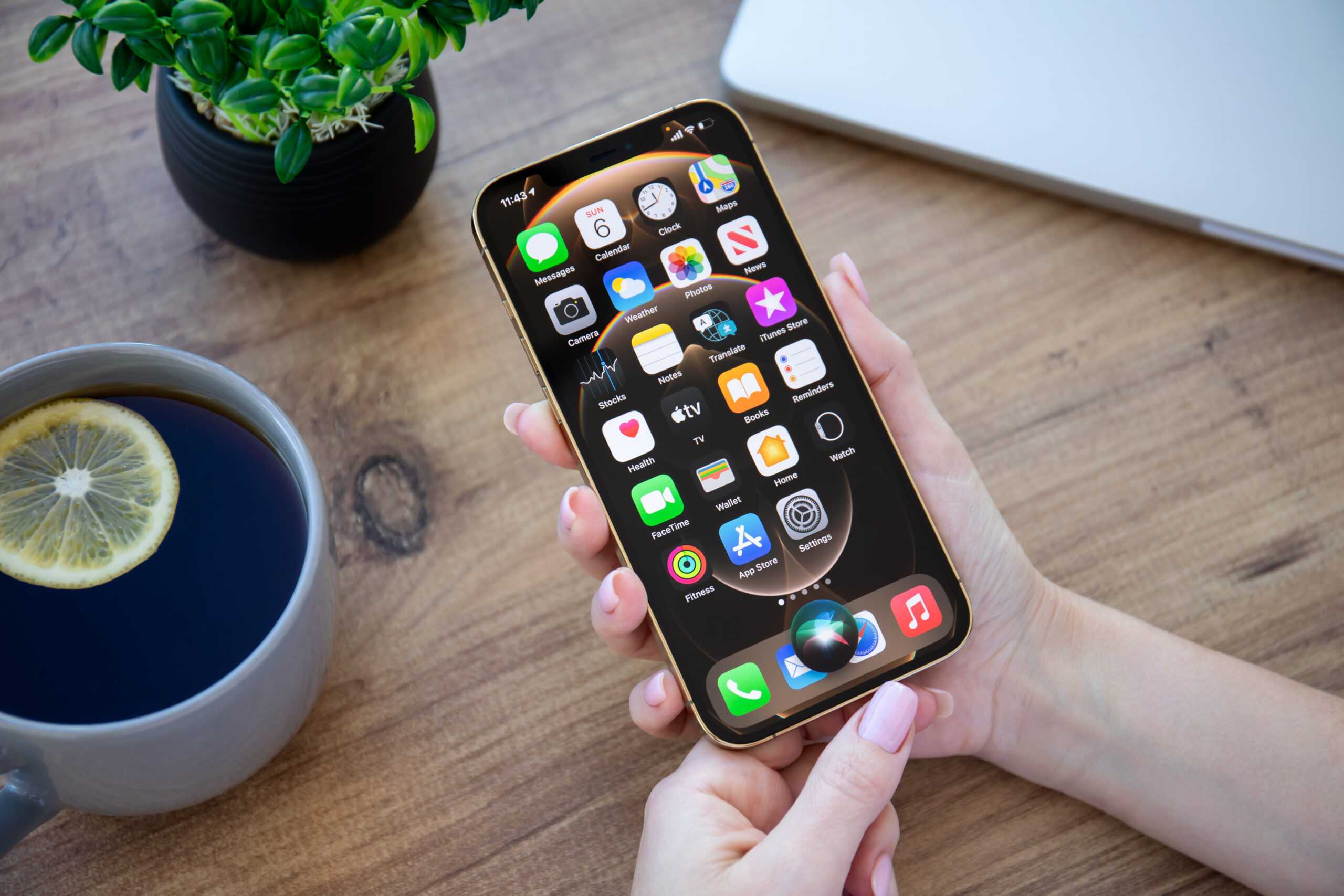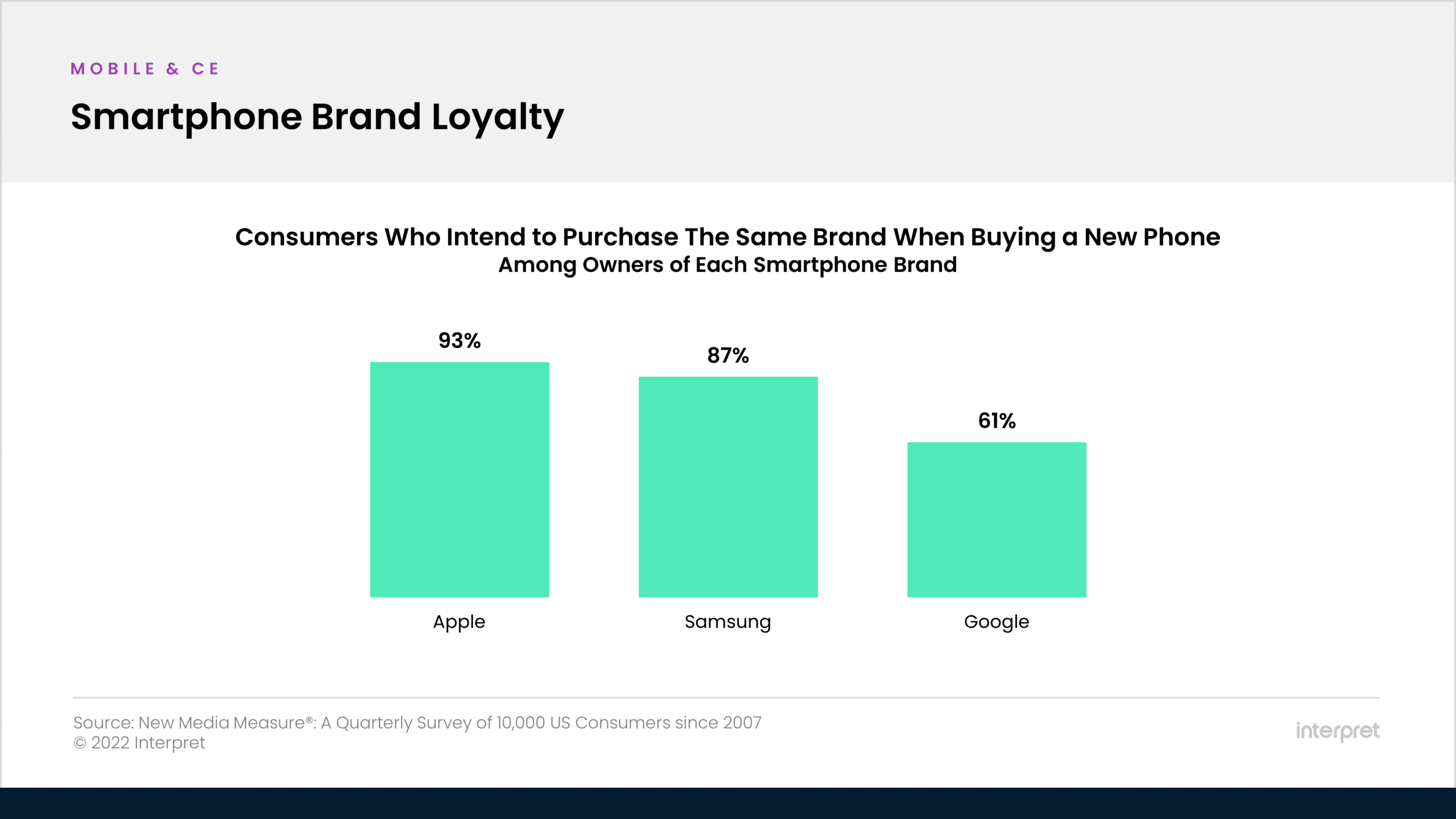Despite the fact that most consumers no longer rush out to upgrade their smartphones every year, the leading manufacturers continue to iterate on their products on an annual basis, typically offering faster chipsets, improved cameras, and other feature or design changes. 2022 is no different, as Apple, Samsung, and Google have all launched new versions of their smartphones to entice anyone looking to snag the latest tech.
Samsung leads the Android smartphone sector by a considerable margin, and the company has sought to differentiate itself not only with improved software support, but also as the only top brand pursuing foldable devices – the Galaxy Z Flip 4 has been generally well received. Meanwhile, the brand’s flagship devices, the Galaxy S22, S22+, and S22 Ultra, are continuing to appeal to high-end phone buyers.
For its part, Google’s fight for smartphone relevance seems to be gaining traction. The Pixel 6 lineup was its most successful, in part because of the company’s decision to balance affordability with value, and the recently launched Pixel 7 smartphones have further refined the experience offered by the previous iteration – with a base price of $599 once again underscoring its value proposition. Consumers looking for a top-notch camera phone have also come to understand that Google’s leading AI can help to deliver some of the best-looking point-and-shoot photos of any smartphone on the market.
As for Apple, cynics might say that it too often rests on its laurels, making only minor improvements to a formula that has been working for well over a decade. The newest iPhone 14 is no different, prompting tech influencer/YouTuber Marques Brownlee to label his video on the device, “Repackaging 101!” Apple finds itself balancing its massive mainstream appeal and a business that’s working like a well-oiled machine with a need to innovate.
The headline grabbing feature for Apple in the newest iPhone launch has been the Dynamic Island, which extends animations across the upper selfie notch, prompting savvy Android developers to replicate the function through an app download. As great as the new iPhones are, however, Interpret data shows that just 15% of iPhone owners are looking to buy a new smartphone in the next few months. That said, when these consumers eventually do upgrade, there’s a very good chance that it will be to another iPhone model. Interpret’s New Media Measure® shows that Apple has the best brand loyalty among smartphone makers, with 93% of current iPhone owners indicating that they’re likely to buy an iPhone as their next phone, topping Samsung owners at 87%, and Google smartphone owners at 61%.
Apple’s easy-to-use iOS and associated app ecosystem, which is compatible across Apple devices, has made it a very “sticky” experience for consumers, making it less likely that they’ll switch to Android. Add in Apple’s public-facing position on safeguarding consumer privacy, and the brand has become one that “consumers feel the strongest connection to,” according to a 2020 study from branding agency MBLM. What’s remarkable, however, is just how long Apple has seen this kind of loyalty. Even in 2011, Forbes cited brand loyalty as core to the company’s success. As Apple makes its next leap into augmented reality, it’ll be interesting to see if its loyal customers follow.





